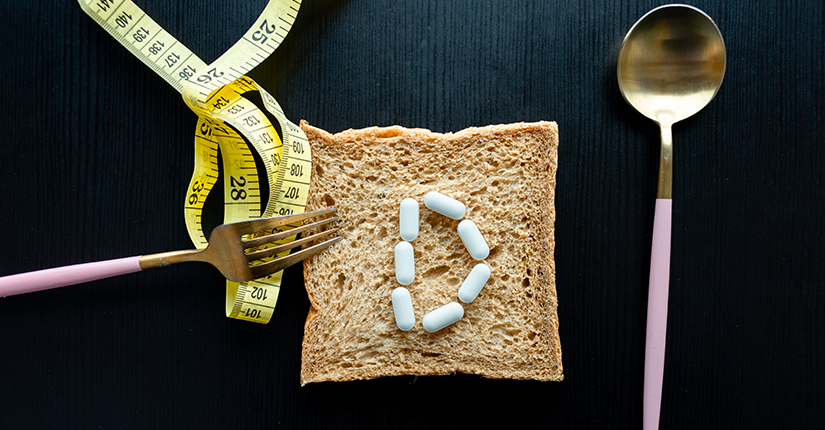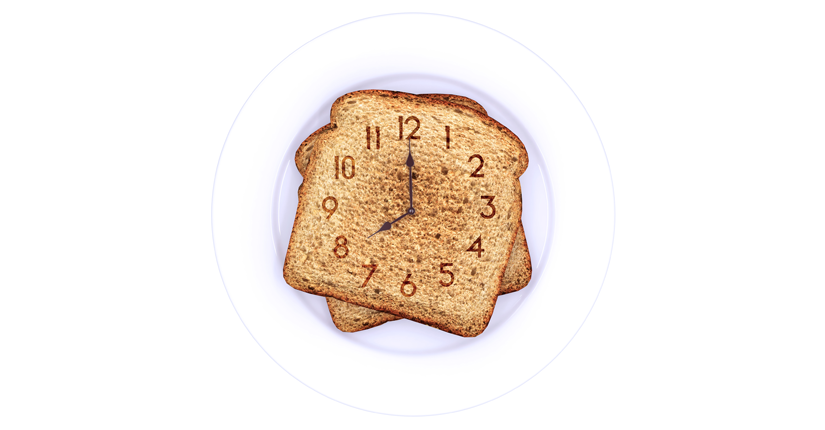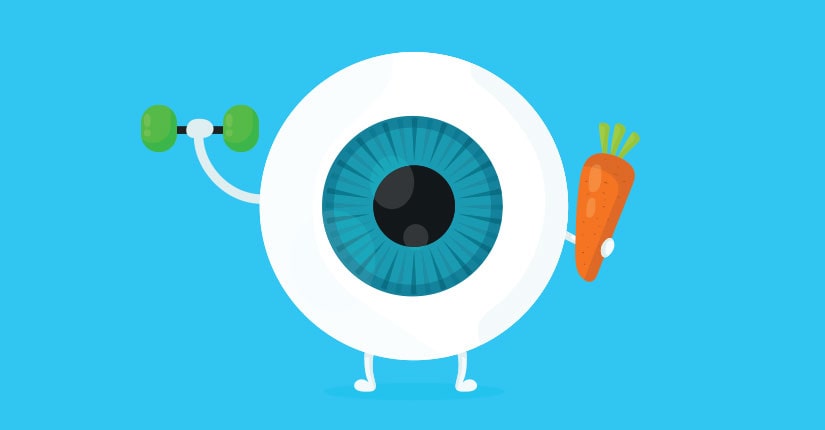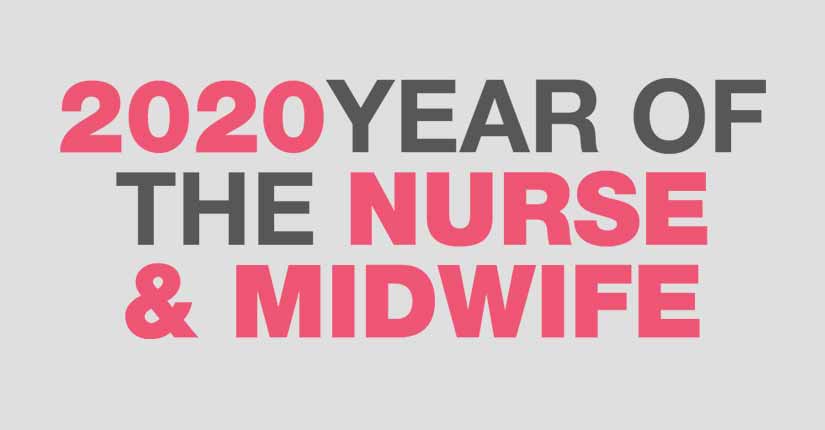The Impact of Vitamin D on Weight Loss
By Nmami Agarwal 14-Mar 2021 Reading Time: 4 Mins

Vitamin D, a fat-soluble vitamin that your body absorbs and stores to stay healthy. It is an essential vitamin that helps the body retain minerals such as calcium, and the nutrient also helps prevent over-absorption of signaling chemicals such as the parathyroid hormone.
Vitamin D in one’s body is said to play a crucial role in weight loss. So, just in-case if you’re not losing weight despite exercising regularly, getting plenty of sleep, and eating healthy foods, it’s possible you’re not getting enough vitamin D.
Vitamin D linked to weight loss?
The Hypothalamus, a part of the brain which helps regulate your hormones, tells your body whether it should store or release fat depending on your level of vitamin D. If you are deficient in vitamin D, the hypothalamus tells your body to hold on to fat storage. On the other hand, if you’re getting plenty of vitamin D, the hypothalamus tells your cells to burn fat. This fat-hoarding or flab-melting mechanism is triggered by vitamin D. So, lack of vitamin D tells the brain it’s time to start hoarding fat. And having the right amount of Vitamin D in one’s body helps aid weight loss by altering the storage and formation of fat cells and increasing the serotonin and testosterone levels in the body. Further, it helps keep hormone levels in check, which also may help enhance weight loss and decrease body fat.
To the end result, for the sake of weight loss as well as for calcium absorption to ensure strong bone health and smooth-running of your other bodily functions, it is imperative to up vitamin D intake so as to eliminate its deficiency and the several health consequences of it.
How to increase Vitamin D intake:
The best and the most natural way to get vitamin D is to be in the sun for a minimum of 15-20 minutes daily. Including vitamin-D-rich foods such as mushrooms, egg yolks, cow/soy milk, and orange juice in your diet. Also, fortified cereals and milk and fish are also rich sources of vitamin D. If necessary, one can take a vitamin D supplement as well to fulfil your nutritional requirement.
Just like, the role of maintaining a healthy balance is important in the same way so is vitamin D. Perhaps, one should ensure not to go overboard with its consumption because an excess of vitamin D can cause side-effects such as a toxic build-up of calcium in your blood, nausea, vomiting, and bone and kidney complications. So, always talk to your physician before taking a vitamin D supplement and remember that moderation is the key.
Over to you:
Thus, it is clear there’s an intricate relationship between vitamin D status and weight. Sufficient amounts of vitamin D can keep your hormone levels in check and may help enhance weight loss and decrease body fat.





















